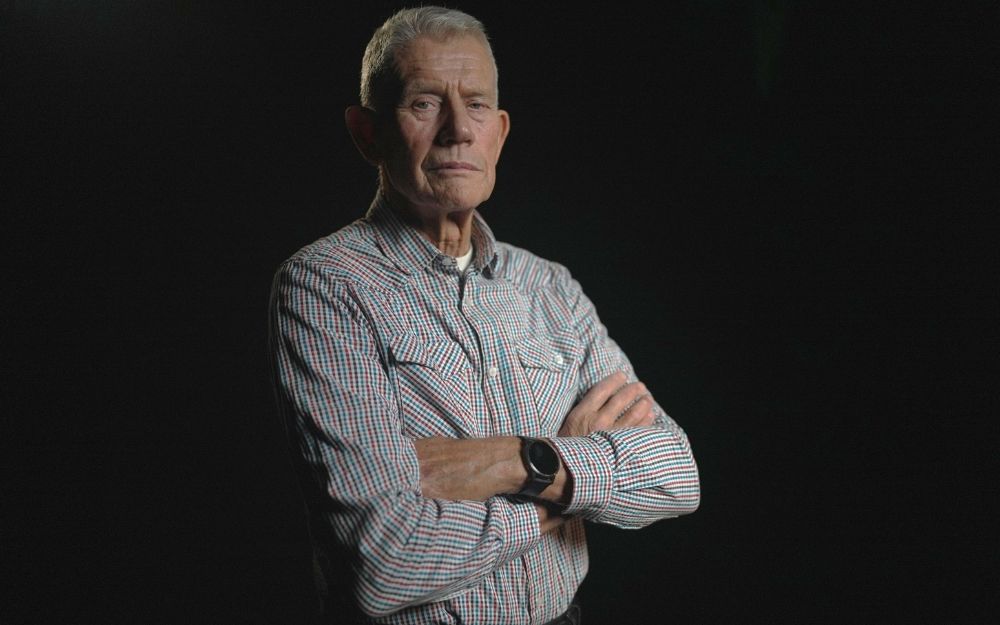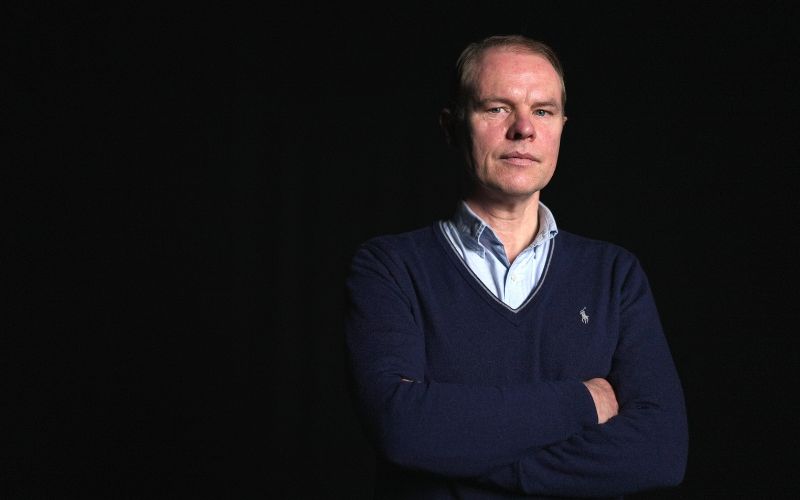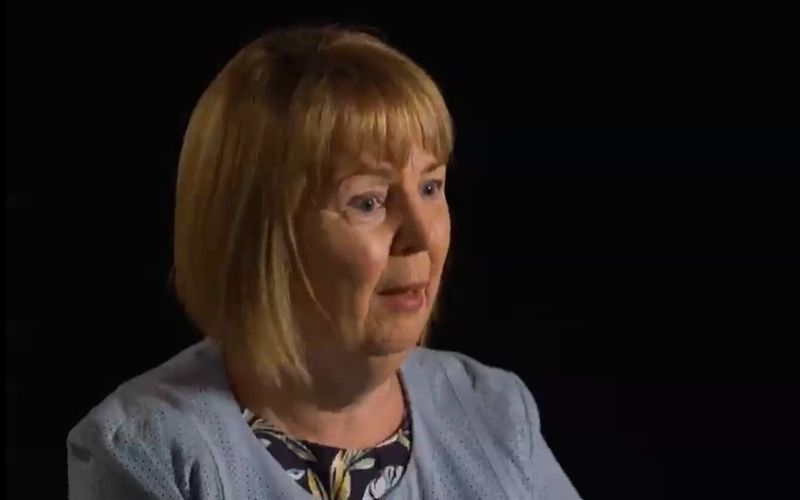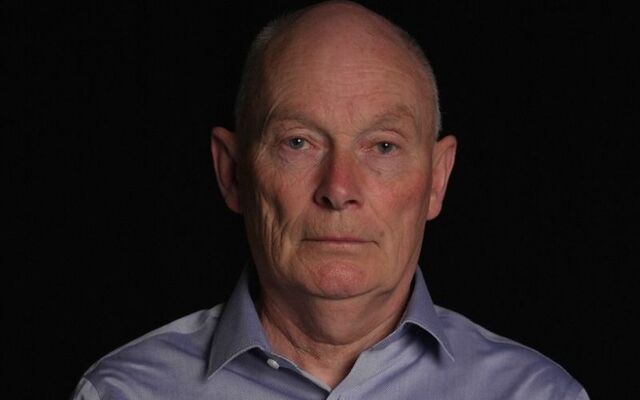The new RTÉ documentary "Leathered: Violence in Irish Schools" shines new light on the use of Corporal Punishment in Irish schools and the impact that the culture of violence it provoked continues to have on generations.
Featuring the first-hand stories of a number of victims of Corporal Punishment in Ireland’s schools, many of whom are speaking publicly for the first time and who have suffered lifelong consequences because of the treatment they received, the RTÉ documentary critically re-examines the extent and scale of physical abuse in thousands of religious and lay schools.
The documentary also raises fresh questions about the level of official record-keeping when it came to the treatment of children at schools throughout the country.
New figures released to RTÉ documentary makers by the Department of Education for the first time - show that between 1962 and 1982, just 108 allegations involving physical abuse by teachers against pupils were recorded by the Department.
More than three quarters of these allegations included allegations of other forms of abuse. 87 of the allegations were at primary level where children as young as four attended school. 21 were at second level.
During the same period, millions of students went through the State education system. In 1962 alone, there were 570,380 students enrolled at primary and secondary schools funded by the State. By 1982 - after free secondary education was introduced in 1966 - that figure had risen to 766,864.
The Department of Education has also revealed to RTÉ it holds a further nine allegations for the five years after the introduction of the 1982 ban on Corporal Punishment in schools (1982 to 1987). This brings to 117 the total number of allegations involving physical abuse received between 1962 and 1987 and suggests that allegations of physical violence in schools did not disappear after the 1982 ban. Teachers in Irish schools remained immune from prosecution for “physical chastisement” until 1997.
Navan native Peter Kane recalls that, as a 12-year-old: “Every day, there was an element of fear going in. He could kick off for the simplest of reasons…on this particular morning, the Brother called me up, ‘get up here’ he says, and the first thing I got was a couple of clatters around the head, my face, I think maybe six or 12 slaps I got off him with a leather strap.
"I didn’t cry, that in itself was a signal for him to carry on beating you and he done so, and bounced my head off the blackboard, bounced my body around the room, knocked me up against his desk, and at one stage I collapsed and fell on the ground because he done something to my back. Then he dragged me up, proceeded to beat me, I was in a lot of pain and I was basically sore all over. It took me a number of weeks to recover.”

Peter Kane.
Poet and author Theo Dorgan recalls of his schooldays in Cork: “When the door closes, and you are in a confined environment, it’s predator and prey – if you looked at a teacher the wrong way, you would get a slap. We had a gradation of soft slaps, to vicious slaps…”
His lifelong friend and schoolmate, film festival co-director Mick Hannigan remembers: “It was not so much a daily occurrence, but an hourly occurrence, class after class. If you got a sum wrong, if you got some difficult Irish poem wrong, then you were punished.”

Theo Dorgan (left) and his lifelong friend and schoolmate, Mick Hannigan (right).
Eoin Costello tells the documentary of one day in his Kilkenny school when silence descended over his classroom: “I saw this shadow on the glass door at the entrance to the room. He marched literally with closed fists, punched and then punched…and then turned on his heel and walked out...It never went away. Forty years. It's never gone away the impact of that punch in the face."

Eoin Costello.
Corporal Punishment in schools was banned by way of Ministerial instrument in 1982. Up until then, under Department of Education rules only certain nominated teachers were permitted to physically chastise their pupils at primary and secondary level. In practice, many other teachers regularly used violence to enforce discipline at school and often went far further than even the school rules allowed.
Experts interviewed in the documentary say the small number of recorded allegations reflects the culture at the time, as well as poor record keeping by the State.
Former Independent Senator Jillian Van Turnhout, who led the campaign to have Corporal Punishment banned in the home in 2015 said: “Maybe nobody saw it as important enough to take a record, to file a report when it was received by (the) Department of Education. We have seen, for example, in the 2009 Ryan Report, that clearly showed us there was twice the incidence of physical abuse versus sexual abuse when it came to industrial schools. So why don't we see similar levels when it comes to school reporting of physical punishment?”

Jillian Van Turnhout.
The recent publication of the report of the Scoping Inquiry into historical sexual abuse in schools run by religious orders once again highlighted the historic failure of the State to protect its most vulnerable citizens.
Amidst an outpouring of public grief and anger, the Government announced plans for the establishment of a full State Inquiry. But some of those who contacted the Inquiry team also sought to highlight the physical abuse they experienced while attending schools around the country. They were told that their alleged abuse fell outside the scope of the Inquiry team.
Dermot Flynn, who previously contacted RTÉ Radio 1’s Liveline with Joe Duffy about his experiences at Blackrock College and Willow Park school, reveals he recently received a settlement of €100,000 from the Spiritan Order for the physical abuse he suffered at the school.
“When the Scoping Inquiry was announced, I thought this would have been a great opportunity for us. And I filled in their questionnaire, I communicated with them through email.
"And then I get the bombshell from them that you know you weren’t sexually abused, we don’t really want to know about your case. So that made me feel that physical abuse wasn’t that important, even though it had impacted my whole life.”
Leathered shines a light on the use of Corporal Punishment in Irish schools, and the impact which the culture of violence it provoked continues to have on generations of Irish students#Leathered | Wednesday | 9.35pm pic.twitter.com/0LAYiajSwm
— RTÉ One (@RTEOne) October 28, 2024
Van Turnhout adds: “I don't see how you can separate abuse as if there's some hierarchy of scale so that you can say, well, sexual abuse absolutely will consider that as part of redress. But if you were physically abused, absolutely not.”
"Leathered - Violence in Irish Schools" airs tonight, Wednesday, October 30 at 9:35 pm in Ireland on RTÉ One and RTE Player.




Comments